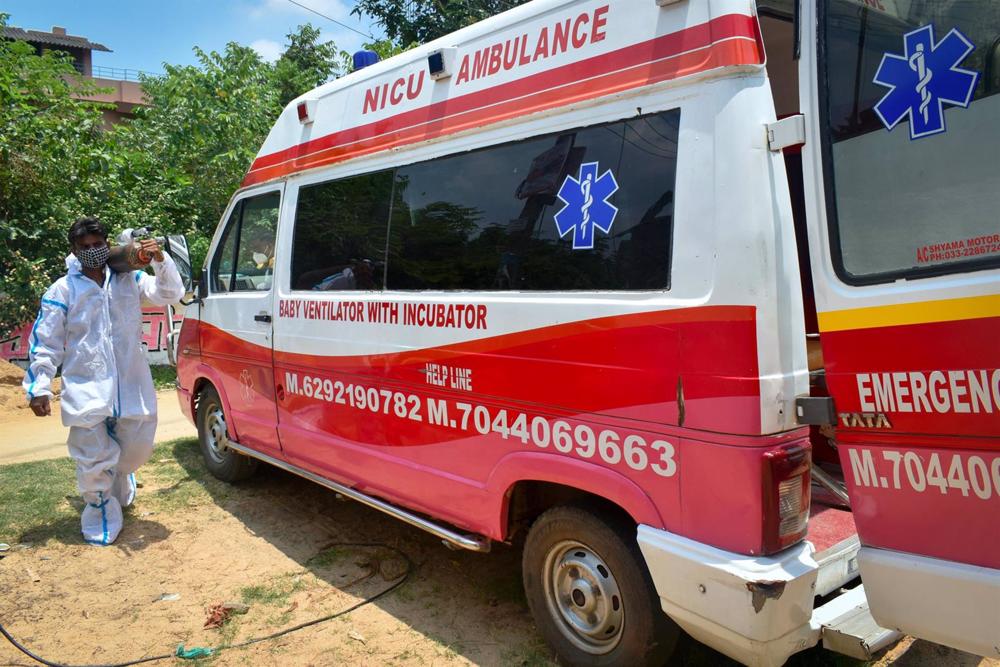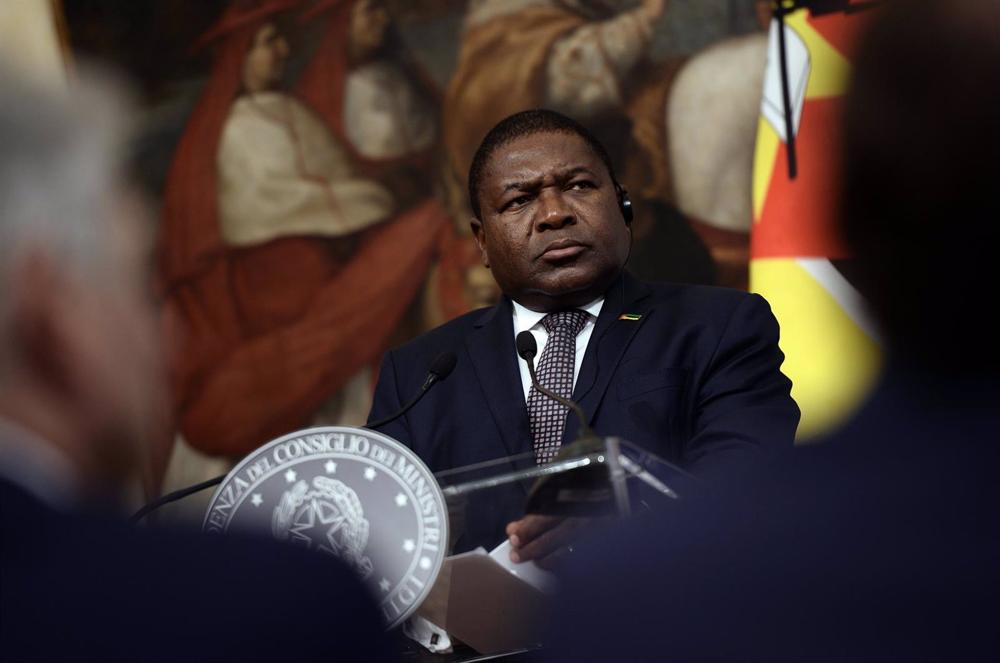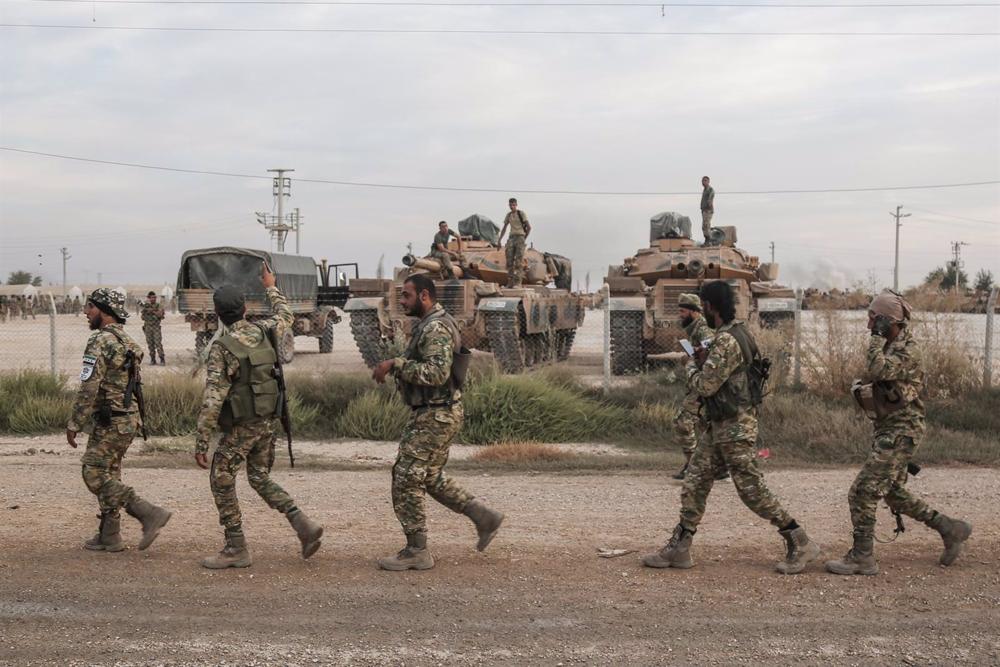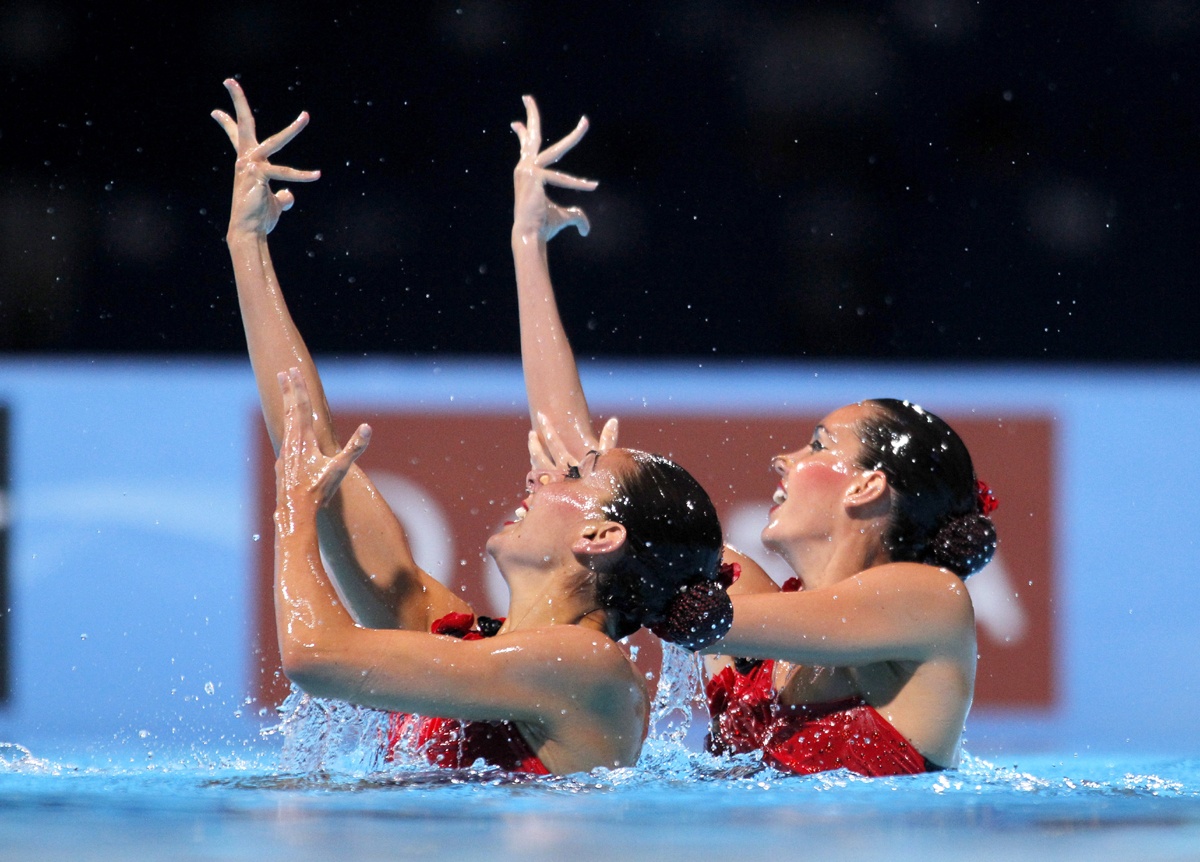
The Peruvian Congress has denied the request of the Peruvian President, Pedro Castillo, to leave the country to travel to Mexico, although it has allowed him to go to Chile for the IV Binational Cabinet meeting between both Latin American countries.
With 58 votes against, 51 in favor and two abstentions, the plenary of the Peruvian Parliament has denied Castillo the possibility of going to Mexico to meet with the Mexican President, Andres Manuel Lopez Obrador, as well as to attend a meeting with all the presidents of the Pacific Alliance (Mexico, Chile and Colombia), as reported by the radio station RPP.
Part of the agenda in Mexico included the transfer to Peru of the ‘Pro Tempore’ Presidency of the regional integration alliance, a position he will assume on January 1, 2023 for a period of one year.
On the other hand, Congress has authorized Castillo to leave the country for Chile with 77 votes in favor, 35 against and two abstentions.
This is the third time that the Peruvian Parliament has denied Castillo’s request to leave the national territory.
In August, the Congress prohibited him from going to Colombia to attend the investiture of President Gustavo Petro, and in October it rejected a trip of the Peruvian president to Europe and the Vatican, where he intended to meet with the president of the European Commission, Ursula von der Leyen and Pope Francis, respectively.
In addition, Castillo desisted in early November from traveling to Thailand to attend the Asia-Pacific Economic Cooperation Forum (APEC) after the Parliament took «too long» to evaluate the request of the Peruvian head of state.
According to Article 102 of Peru’s Constitution, Congress has among its powers «to authorize the President of the Republic to leave the country», which is why Castillo has to request permission every time he wants to travel outside the country.
The Government has expressed its opposition to the resolutions of the Parliament, since it considers that every time the President is forbidden to attend an international meeting, it does not harm President Castillo, «but the foreign and humanitarian policy that is sought to be strengthened with the cooperation».






